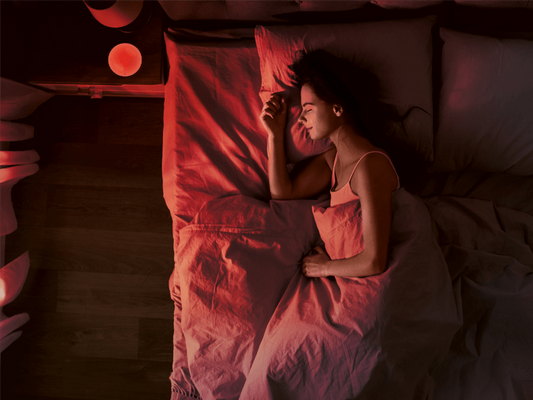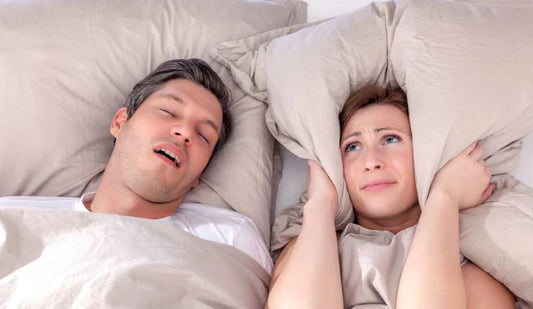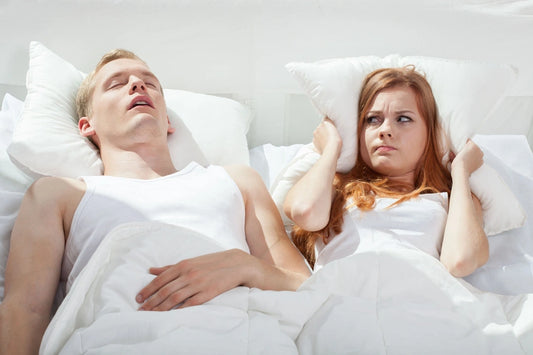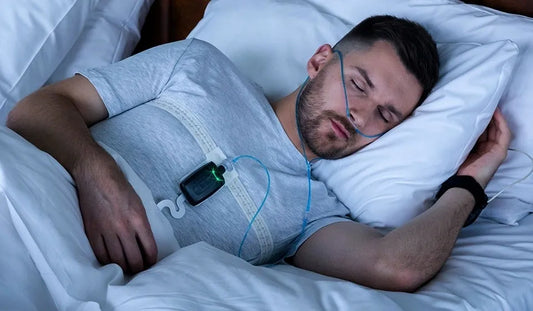Insomnia is a pathology that affects many people and manifests itself in difficulties falling asleep or staying asleep. To manage it properly, we first need to understand its origins. The biological clock, the hormone melatonin and various external factors play a crucial role. Exposure to blue light before bedtime, consumption of stimulants such as caffeine or alcohol, or a disrupted lifestyle can all influence sleep quality.
Contents :
The different types of insomnia
Causes of insomnia
Solutions
For those who often wake up during the night, a healthylifestyle is essential. This means getting regular hours of sleep, avoiding long daytime naps and adopting a relaxing ritual before going to bed. Natural remedies such as chamomile can help you fall asleep more easily. For those suffering from chronic insomnia, we recommend consulting a sleep specialist.
Insomnia can be chronic and long-lasting, or simply occasional. This is usually the result of a temporary state of stress or the intake of caffeine caffeine, alcohol or tobacco before bedtime.
Insomnia: what can I do to fall asleep?
Insomnia is a major problem affecting the well-being of millions of people worldwide. Although most of us have experienced an episode of insomnia, few are really aware of its varieties and root causes.

Insomnia mechanisms and impact on circadian rhythm
Insomnia mainly interferes with the circadian rhythm, the biological mechanism that regulates our waking and sleeping cycles. An imbalance in this rhythm can lead to problems falling asleep, waking up at night or excessive daytime sleepiness . Sleep duration is also disrupted, affecting the REM phase and deep slow-wave sleep essential for cerebral and physical recovery.
Techniques to help you fall asleep
There are several strategies for dealing with insomnia. Relaxation before bed is essential: it prepares the body and mind for sleep. A nighttime routine, such as reading or listening to soft music, can help signal the brain that it's time to sleep. Avoiding screens and blue light an hour before bedtime, adopting a soothing bedroom optimized for sleep, and maintaining a cool temperature are all small gestures that can make a big difference.
The importance of understanding your own sleep rhythm
Each individual has his or her own sleep rhythm. Understanding your own sleep needs, recognizing sleepiness signals, and respecting your bedtime and wake-up times are crucial steps in combating insomnia. In case of persistent disturbances, a medical consultation is recommended to identify a possible underlying pathology, such as sleep apnea or disruptive factors such as snoring.
Insomnia: The different causes of insomnia
Insomnia, a major sleep disorder, manifests itself in difficulty falling asleep, waking up at night or not recovering from sleep. Among its causes, poor sleep hygiene is the most common. Excessive physical activity before going to bed, overconsumption of nicotine or caffeine, or prolonged exposure to screens can disrupt sleep quality.
On the other hand, emotional disorders, such as depression, generate anxiety at bedtime, favoring insomnia.
Pregnancy is also a predisposing factor: between waking up to urinate and nausea, sleeping well becomes a challenge.
Restless legs syndrome is another cause of insomnia, creating an irrepressible need for movement that prevents the sleeper from accessing the morpheus arm.
However, anxiety remains the master disrupter. This mental hyperactivity, with constant agitation, disturbs sleep, making it difficult to fall asleep and maintain deep sleep.

As a result, anxious sleepers may wake frequently during the night, directly impacting the length and quality of their sleep cycles. So it's essential to recognize the causes of your sleep problems so you can address them more effectively and regain quality sleep.
Insomnia: Solutions
Insomnia is a real scourge that affects many people. Fortunately, there are a number of ways to restore restful sleep without necessarily resorting to drug treatments.
One of the most common solutions is to practice relaxation or meditation before going to sleep. This calms the nervous system and helps to manage stress and anxiety, making it easier to fall asleep.
What's more, the importance of maintaining good sleep habits cannot be underestimated. This includes keeping to a regular bedtime schedule, limiting blue light in the evening, and avoiding heavy meals before bedtime.
The sleep diary is also a useful tool for insomniacs. It consists of recording bedtimes, waking times, periods of nocturnal wakefulness and perceived sleep quality. This helps identify patterns or triggers at the root of sleep problems.
For some, using natural remedies such as herbal teas can make it easier to fall asleep. Infusions of chamomile, lime blossom or passionflower are renowned for their soothing properties.
Regular physical activity also helps regulate sleep rhythms. However, it is advisable to avoid strenuous exercise at the end of the day, as it can disrupt sleep.
Read also the article : "Sleep disorder, definition example"
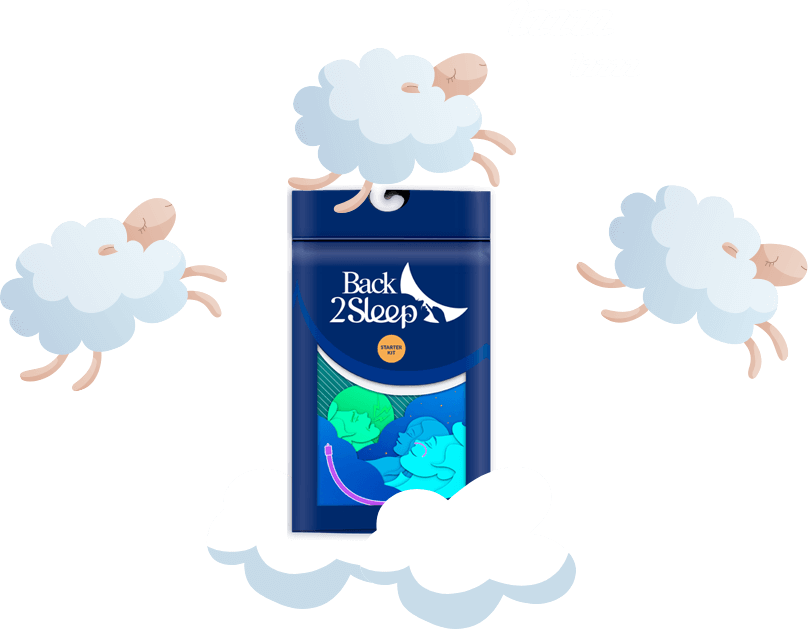
- Choosing a selection results in a full page refresh.
- Opens in a new window.


